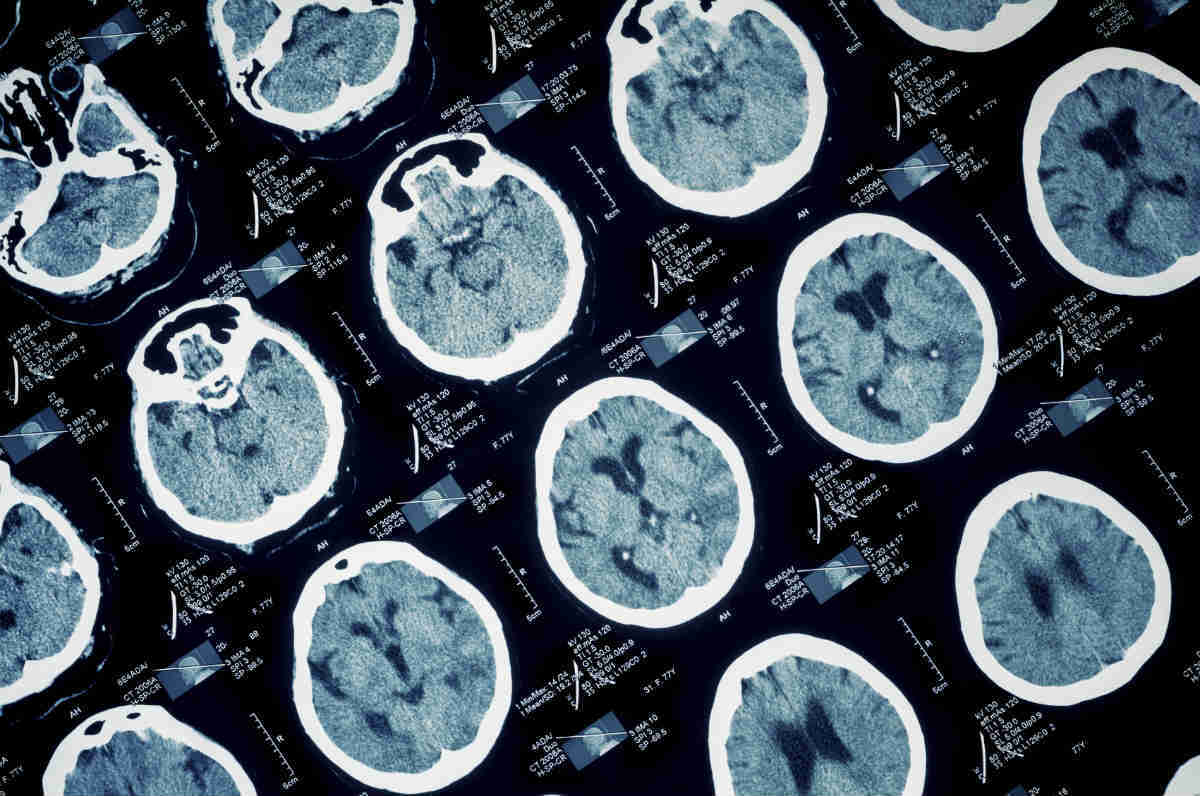Medical Malpractice Causing TBI
In general, the more complete the deprivation, the more severe the harm to the brain and the greater the consequences
An overview of brain injuries due to medical malpractice
The brain requires a constant flow of oxygen to function normally. Cerebral anoxia and hypoxia are medical terms used to refer to a lack of oxygen supply to the brain. Hypoxic refers to a partial lack of oxygen; anoxic means a total lack. In general, the more complete the deprivation, the more severe the harm to the brain and the greater the consequences.
The diminished oxygen supply can cause serious impairments in cognitive (thought) skills, as well as in physical, psychological and other functions. Unfortunately, brain injuries are sometimes caused by medical error or medical malpractice. Some types of brain injuries resulting from medical malpractice include:
- Injuries during birth/delivery
- Complications of general anesthesia
- Surgical errors
- Medication errors
- Inadequate perfusion on heart/lung machine during coronary artery bypass graft surgery (CABG)
- Compression of the trachea
- Failure to monitor and treat severe hypotension (very low blood pressure)
Brain cells are extremely sensitive to oxygen deprivation and can begin to die within five minutes after oxygen supply has been cut off. When hypoxia lasts for longer periods of time, it can cause coma, seizures, and even brain death. In brain death, there is no measurable activity in the brain, although cardiovascular function is preserved. Life support is required for respiration.
Brain hypoxia and anoxia are medical emergencies and must be treated immediately. The sooner medical attention is received and the oxygen supply to the brain restored, the better the chances of avoiding severe brain injury or death. Recovery can occur in some cases, but it depends largely on the parts of the brain affected and how long the brain has been deprived of oxygen. Also, the speed and extent of recovery are unpredictable. The longer the brain has been deprived of oxygen, the higher the chances of death, severe brain injury or brain death and the lower the chances of a meaningful recovery.
Symptoms of brain injuries due to deprivation of oxygen
Even when a person has fully recovered from a lack of oxygen to the brain, he or she might suffer from a long list of symptoms. In many ways, these symptoms are similar to those commonly seen after a traumatic brain injury caused by a blow to the head. The effects can vary widely depending upon the part of the brain that has been injured and the extent of the damage. Some of the major cognitive problems are:
- Short-term memory loss.
- Disruption of such critical tasks as reasoning and making judgments.
- Difficulty with words, also known as anomia.
- Visual disturbances.
Some common physical deficits are:
- Lack of coordination, also known as ataxia.
- Inability to perform a familiar sequence of physical movements such as brushing teeth, combing hair, etc., also known as apraxia.
- Spasticity, rigidity and myoclonus, disorders which can include a tendency toward jerky motions, trembling of the extremities, or other abnormal movements.
- Weakness of the arms and legs, also known as quadriparesis.
Prognosis of brain injuries due to deprivation of oxygen
The prognosis or outlook of brain injuries due to deprivation of oxygen depends on how long the period of oxygen deprivation lasted and the part of the brain affected. The patients who experience the best recoveries will have been deprived of oxygen for a short period of time.
Conversely, the prognosis is usually poor for those persons who were oxygen deprived for a longer period of time. Even a few minutes is considered a long time for the brain to be without oxygen.
Brain injuries from medical malpractice
When cerebral anoxia/hypoxia occurs as the result of medical malpractice, the patient or her family members are often not aware that oxygen loss to the brain has occurred. Symptoms to look out for include behavioral changes, cognitive or physical impairment, inattentiveness, poor judgment, memory loss, and a decrease in motor coordination among other warning signs mentioned above.
Victims of cerebral anoxia/hypoxia, particularly infants and children, can be left with a permanent disability. It is critical for these individuals to receive extensive and continuous support from family, friends and specialists in treating brain damage.
In Illinois, medical malpractice or medical negligence occurs when a health care provider fails to act in conformity with the prevailing standards of good medical care. In other words, when a doctor, nurse or other medical care provider is negligent and causes a patient to suffer serious injury or wrongful death, the medical care provider may be held responsible for harming his or her patients.
If you or a loved one have suffered harm as a result of what you expect might be medical malpractice and you would like to speak with an experienced Chicago medical malpractice lawyer, please contact Willens & Baez us at 312-957-4166 for a free consultation about your legal rights.












